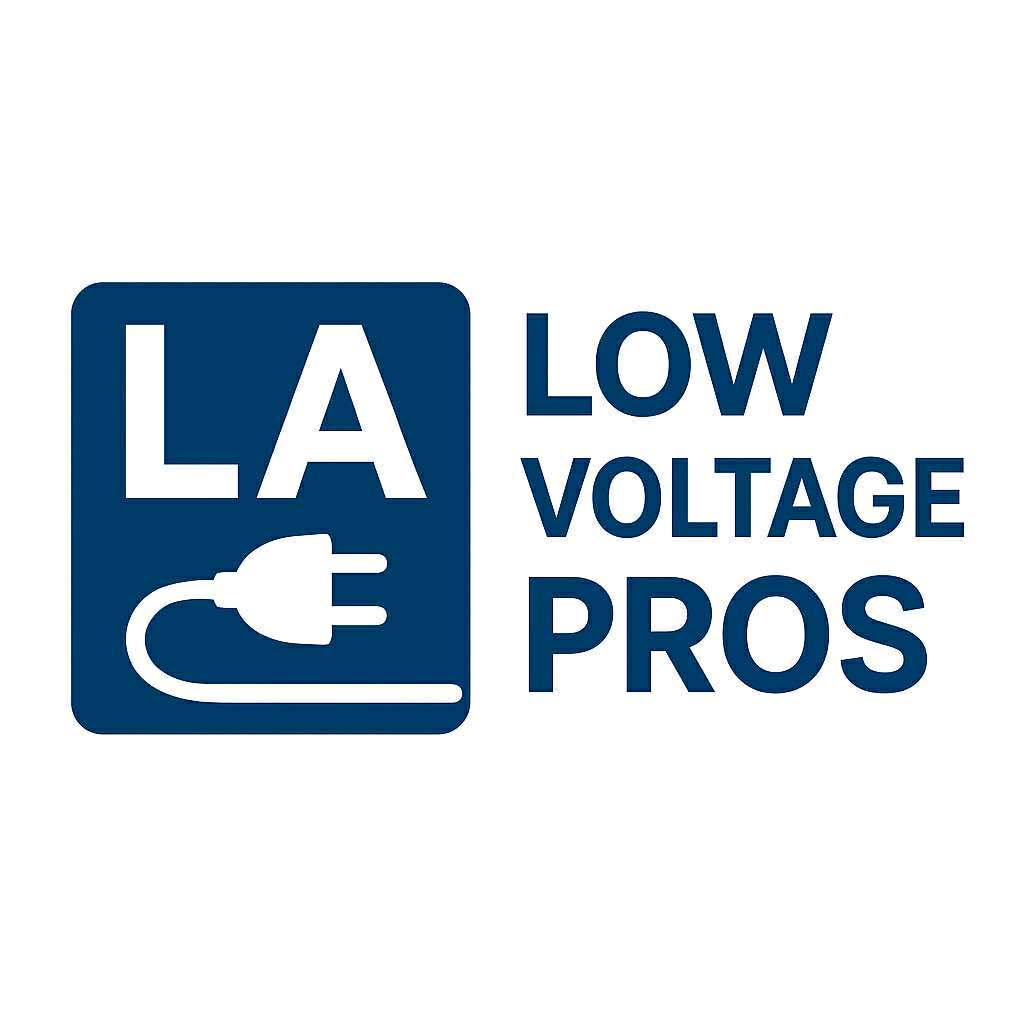Understanding Low Voltage Cabling in Los Angeles: A Complete Guide
Low voltage cabling plays a critical role in modern buildings, supporting everything from security systems to data networks and communication infrastructure. In Los Angeles, a city known for its commercial growth and residential development, understanding low voltage cabling is essential for both businesses and homeowners. This guide provides a comprehensive overview of low voltage cabling, its applications, benefits, installation considerations, and frequently asked questions.
What is Low Voltage Cabling?
Low voltage cabling refers to electrical wiring systems that carry less than 50 volts of electricity. Unlike traditional high-voltage electrical wiring, these systems are designed for communication, data, and control systems rather than powering heavy equipment. Low voltage cabling includes types such as:
- Data and network cables: Cat5e, Cat6, and fiber optic cables for internet and intranet networks
- Security system wiring: CCTV and alarm system cabling
- Audio-visual cables: For conference rooms, home theaters, and public address systems
- Access control and intercom systems: Wiring for electronic locks and communication systems
Benefits of Low Voltage Cabling
- Safety: Low voltage systems reduce the risk of electrical hazards compared to high-voltage wiring.
- Flexibility: These systems can be easily upgraded or extended as technology needs evolve.
- Cost-efficiency: Low voltage cabling requires less material and labor compared to traditional electrical systems.
- Integration: Supports multiple technologies on the same infrastructure, such as combining security, data, and audio systems.
- Reliability: Properly installed cabling ensures consistent connectivity and functionality of devices.
Common Applications in Los Angeles
Data and Network Infrastructure
Businesses in Los Angeles rely heavily on high-speed internet and network connectivity. Low voltage cabling is used to install structured network systems that support computers, servers, and VoIP phones.
Security and Surveillance Systems
CCTV cameras and alarm systems require low voltage wiring. This is critical for both commercial properties and residential complexes in Los Angeles, ensuring safety and monitoring capabilities.
Audio-Visual and Entertainment Systems
Los Angeles is known for its entertainment industry. Low voltage cabling supports home theaters, conference room setups, and studio AV systems, allowing high-quality sound and video transmission.
Access Control Systems
Electronic locks, intercoms, and keycard systems rely on low voltage wiring. Proper cabling ensures secure access and reliable performance in office buildings, apartments, and gated communities.
Key Considerations for Installation
- Proper Planning: Assess the number of devices, distance, and cabling type needed for the property.
- Cable Type Selection: Choose the right cable based on the purpose, such as Cat6 for high-speed networks or coaxial for CCTV.
- Compliance: Ensure all wiring meets local codes and regulations in Los Angeles.
- Professional Installation: Hiring trained technicians ensures correct installation, reduces downtime, and prevents future maintenance issues.
- Testing and Maintenance: Regular testing and inspection help maintain performance and prevent disruptions.
Maintenance Tips for Longevity
- Keep cables organized and labeled to avoid confusion.
- Avoid running low voltage cables near high voltage lines to prevent interference.
- Replace damaged cables promptly to maintain system reliability.
- Schedule periodic inspections by qualified professionals to ensure compliance and safety.
FAQs
Conclusion
Low voltage cabling is an essential component of modern infrastructure in Los Angeles, supporting everything from data networks to security and entertainment systems. Proper planning, installation, and maintenance ensure safety, reliability, and performance. Whether for residential or commercial properties, understanding low voltage cabling helps property owners make informed decisions and maintain efficient systems for years to come.
